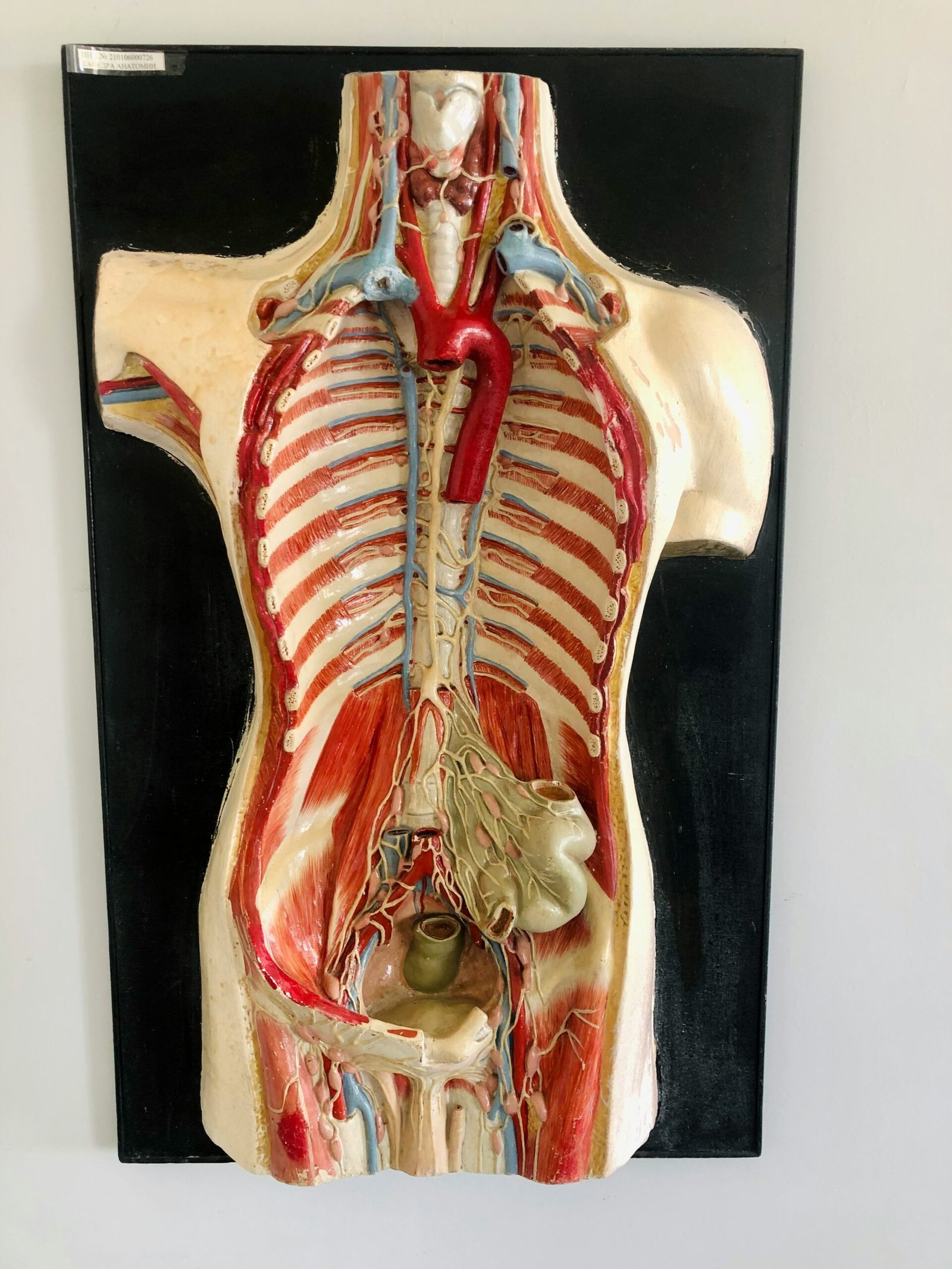Defining Body Shaming
Body shaming refers to the act of mocking, criticizing, or belittling an individual based on their physical appearance, which encompasses aspects such as weight, body shape, skin tone, and other characteristics. This phenomenon can manifest in various forms, ranging from overt ridicule to more subtle comments that may seem innocuous on the surface but are laden with negativity. For instance, openly expressing disdain towards someone who is overweight or making derogatory remarks about someone’s skin condition exemplifies overt body shaming. Conversely, a subtle form might include seemingly harmless compliments that imply a person should lose weight or change their appearance for acceptance.
The impact of body shaming is profound and pervasive, driving individuals to develop complex relationships with their bodies often marked by feelings of inadequacy or shame. This harmful behavior is fostered significantly by societal and cultural influences, most notably perpetuated by the unrealistic beauty standards that are proliferated through mainstream media and social networks. In today’s digital age, many platforms amplify these ideals, showcasing images that idealize narrow definitions of beauty while simultaneously condemning those who do not conform to these standards. Consequently, individuals, especially adolescents, may feel pressured to attain perfection, leading to unhealthy behaviors or body dysmorphic disorders.
Furthermore, societal body standards are often influenced by trends that favor particular body types over others, contributing to a culture where body shaming is not just normalized but also expected. The increased intensity of online interactions can enhance the visibility of body shaming, as hurtful comments can be shared rapidly across various platforms, further perpetuating stigma and discrimination surrounding body image. This underscores the need for awareness and discussions surrounding body shaming, as well as the importance of promoting body positivity and acceptance across all spectrums of society.
The Psychological Impact of Body Shaming
Body shaming can have profound psychological effects on individuals across various age groups, influencing their mental well-being and self-worth. Research has consistently demonstrated a correlation between experiences of body shaming and the manifestation of mental health issues, including anxiety and depression. Those who experience body shaming often internalize societal beauty standards that differ from their reality, leading to feelings of inadequacy and low self-esteem.
One significant study published in the journal “Body Image” indicates that individuals subjected to body shaming are more likely to develop disordered eating behaviors. These behaviors can range from restrictive eating to binge eating, as individuals attempt to conform to external expectations regarding body size and appearance. Thus, the act of body shaming not only harms self-perception but may also catalyze detrimental coping mechanisms that threaten physical health.
Moreover, the repercussions of body shaming extend into social interactions. Many individuals withdraw from activities that involve social engagement due to the fear of judgment based on their appearance. This withdrawal can exacerbate feelings of loneliness and isolation, contributing to a cycle of negative body image and further psychological distress. Experts assert that the social consequences of body shaming can be as damaging as its physical implications, as they hinder individuals from building supportive relationships essential to mental health.
It is critical to understand that the psychological impact of body shaming is not limited to a singular moment. The internalization of shame associated with one’s body can have long-lasting effects that persist into adulthood and shape one’s overall self-concept. Acknowledging these mental health implications is vital for fostering a more inclusive society where individuals can embrace their bodies without fear of judgment or ridicule. Only through awareness and advocacy can we combat the systemic issues surrounding body shaming and promote healthier self-images for all.
The Role of Media and Society in Body Shaming
Media representations and societal norms play a crucial role in shaping perceptions of body image. From advertisements to television shows and social media platforms, the portrayals of beauty can significantly influence the way individuals view themselves and others. Often, these media forms present a narrow definition of beauty, promoting unrealistic standards that many people feel compelled to meet. This may result in negative self-perceptions and, ultimately, body shaming attitudes among individuals who do not conform to these ideals.
Advertisements, in particular, have often been criticized for their role in reinforcing these unrealistic expectations. The use of digitally altered images, combined with a lack of diversity in body types, further entrenches the notion that only certain appearances are desirable. TV shows frequently mirror these trends, often casting characters who fit this narrowly defined mold, which perpetuates the cycle of comparison and self-judgment among viewers. Social media platforms amplify this issue through influencers and content creators who may present curated, idealized versions of their lives and bodies, thus setting increasingly unattainable standards for their followers.
However, there has been a growing movement aimed at counteracting the detrimental effects of such media portrayals. Initiatives advocating for body positivity and diversity have emerged, encouraging a more inclusive representation of body types in advertising and entertainment. Campaigns and organizations are dedicated to changing the narrative around beauty, promoting acceptance and celebration of various body shapes and sizes. Additionally, critical media literacy is becoming indispensable, teaching individuals to analyze and question media messages rather than passively accept them. This awareness can empower people to resist body shaming attitudes and foster a more compassionate society.
Combatting Body Shaming: Strategies and Solutions
Body shaming remains a pervasive issue in society, affecting individuals across various demographics. However, there are numerous strategies that can be implemented both individually and collectively to combat this harmful phenomenon. One effective approach for individuals is to foster self-acceptance and body positivity. This can involve engaging in positive self-talk, surrounding oneself with uplifting and supportive people, and participating in activities that promote a healthy relationship with one’s body. Developing resilience against body shaming can empower individuals to challenge negative perceptions and foster an environment of acceptance.
On a societal level, it is essential to advocate for inclusive narratives around body image. This can be achieved by promoting diverse representations in media, advertising, and entertainment, which allows a broader spectrum of body types to be celebrated and acknowledged. Education plays a crucial role in instilling a sense of body positivity from an early age. Schools and communities can introduce programs that emphasize the importance of self-esteem and encourage students to embrace their unique qualities, thus creating a foundational belief in the beauty of diversity.
Furthermore, online platforms can be leveraged to create supportive communities that champion body positivity and reject negative stereotypes. Encouraging dialogue around body image issues and sharing personal experiences can help dismantle the stigma associated with it, while also providing individuals with a sense of belonging and understanding. Social media campaigns and initiatives that utilize hashtags related to body positivity have gained traction and can significantly contribute to reshaping societal perceptions of beauty.
In conclusion, combatting body shaming requires a concerted effort from both individuals and communities. By promoting self-acceptance, supporting inclusive representations, and encouraging open dialogue, we can help cultivate a more positive and accepting environment for all body types. These strategies not only enhance individual resilience but also contribute to a more profound societal shift towards acceptance and understanding of diverse body images.



